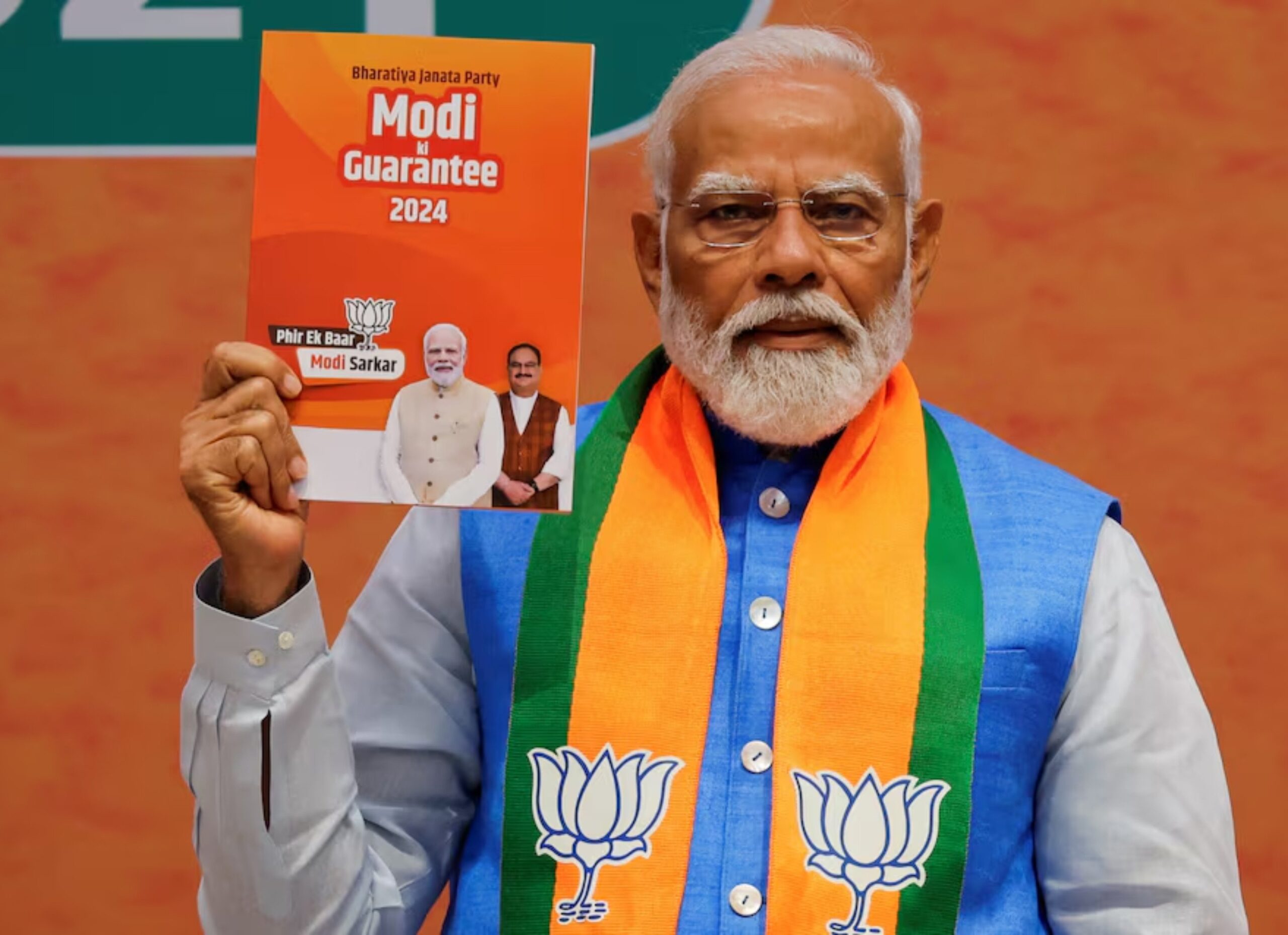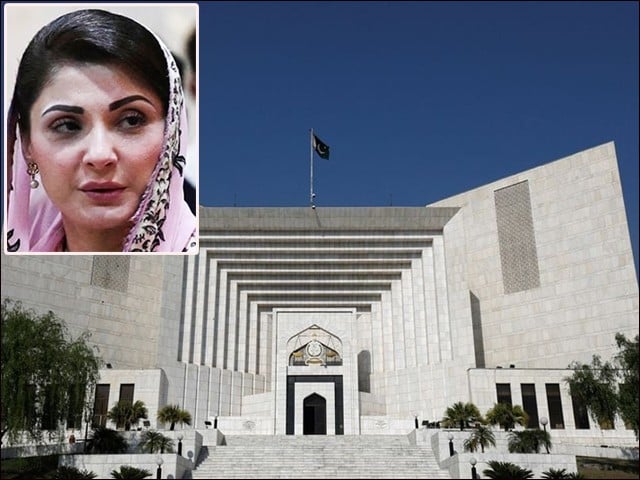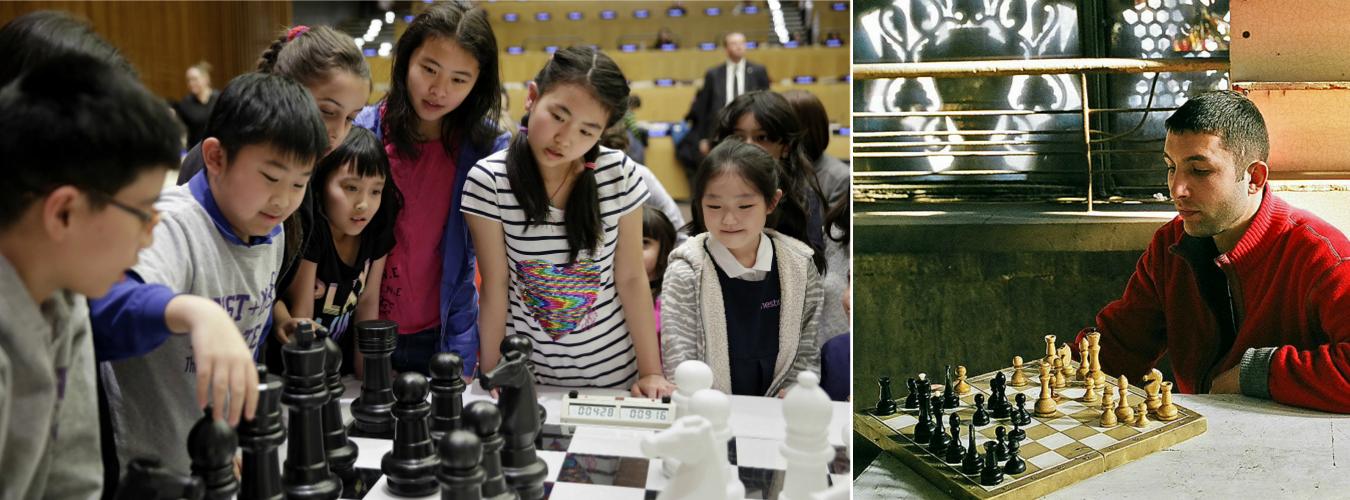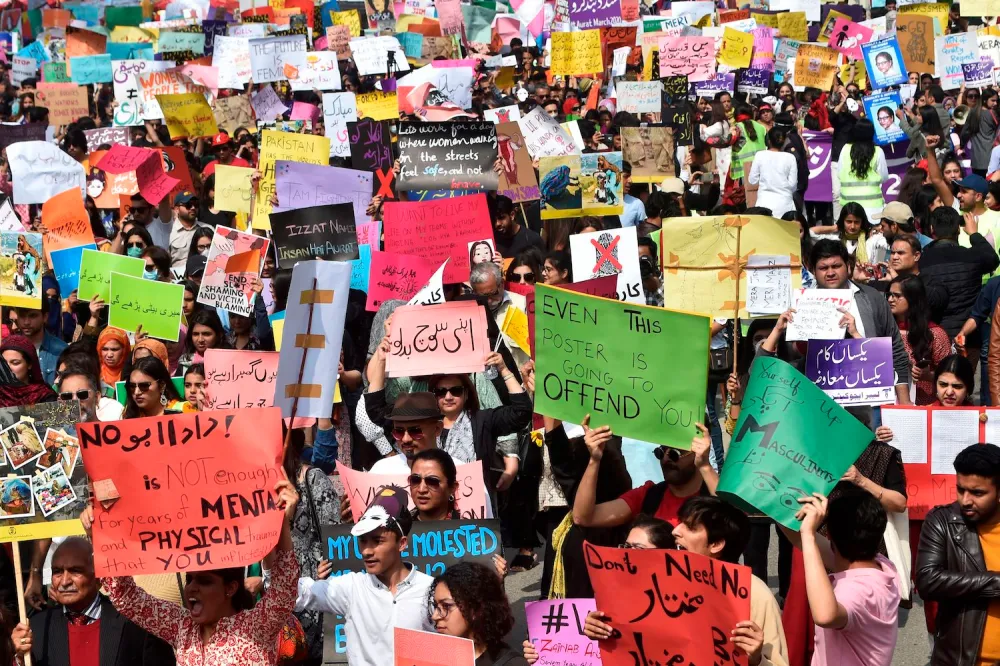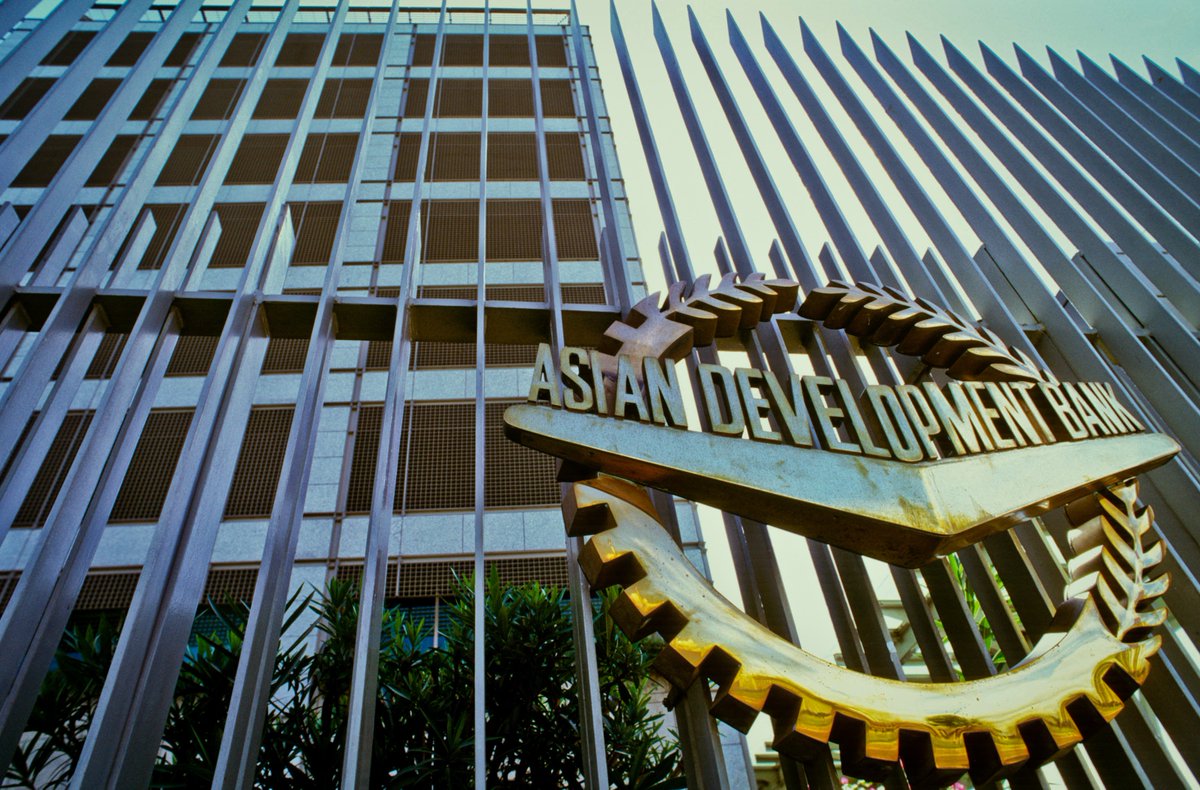Mazhar Abbas
The Bharatiya Janata Party (BJP) has decided not to contest this year’s general election in Indian-administered Kashmir. This comes more than four years after the party ended the region’s special status, and the decision is being seen as a response to the anger in the region over the move. The BJP’s decision not to field any candidates in the ongoing general election has come as a surprise to many, especially since the party has been working to expand its support base in the region in recent years.
Relations between the central government in Delhi and Kashmir have been tense for decades. An insurgency against Indian rule and military action against it has claimed thousands of lives in the Himalayan region over the past three decades. The situation worsened in 2019 when Prime Minister Narendra Modi’s government revoked nearly all of Article 370, a part of the Indian constitution that had given significant autonomy to the region, and divided it into two federally administered territories of Ladakh and Jammu and Kashmir.
Since then, Mr Modi and his ministers have repeatedly championed the 2019 decision, claiming that it has brought peace to the region. But the move has been met with resistance from Kashmiri people and opposition leaders, who have accused the government of suppressing dissent and violating human rights.
The BJP’s move not to contest the election in Kashmir is being seen as an acknowledgement of the resentment among the people of the region over the revocation of Article 370. Political analysts suggest that the party leadership realizes that securing victory in the region would not have been easy. While the “achievement” may sell in other states, removing the special status of the Himalayan region hasn’t gone down well with the people in Kashmir, according to Noor Ahmad Baba, a political analyst.
The BJP’s chief spokesperson in Jammu and Kashmir claims that the party’s main objective is to win the “hearts of the people” and that elections are not a priority. “It took us 75 years to fully integrate Kashmir with the rest of the country, and we don’t want [to create] an impression that we have done this exercise just to win seats,” Sunil Seth said.
The BJP’s best performance in Kashmir was in the state elections of 2014 when it emerged as the second-largest party and formed the government with the People’s Democratic Party (PDP). The party won 25 of the total 87 seats, all in Jammu. This marked the final assembly elections held in the former state. The coalition collapsed in 2018, and Mr Modi’s government imposed direct rule in the region. The party received a boost in 2020 after it won the local elections, including three seats in Kashmir.
The BJP’s decision not to contest the general election in Kashmir is surprising because it is the first time the party has not contested a general election in the region since 1996. Despite some electoral success, experts say the BJP has failed to create an impact on the ground due to several factors, including high unemployment rates, the absence of local representation in politics, and alleged human rights abuses by security forces.



































